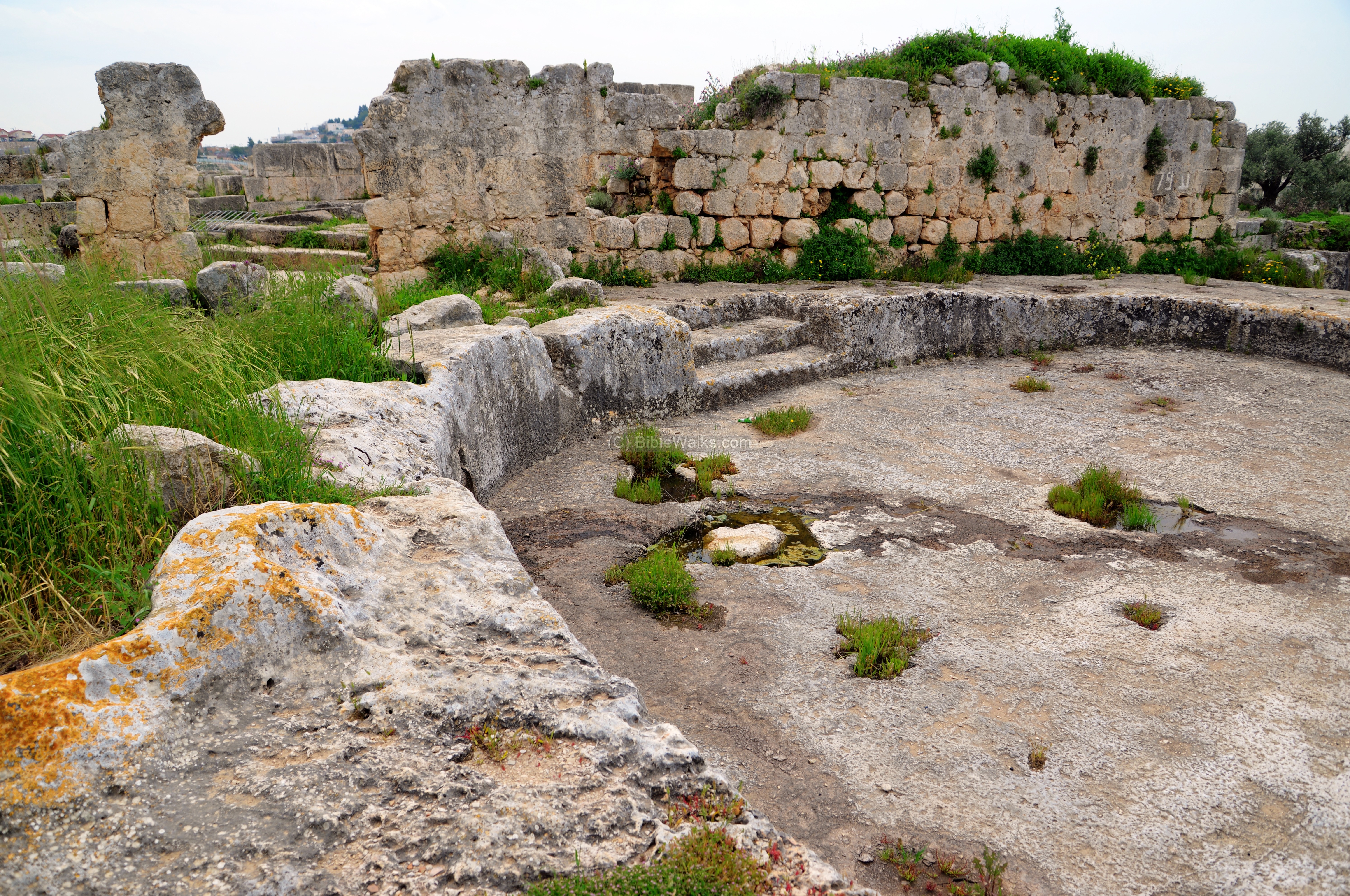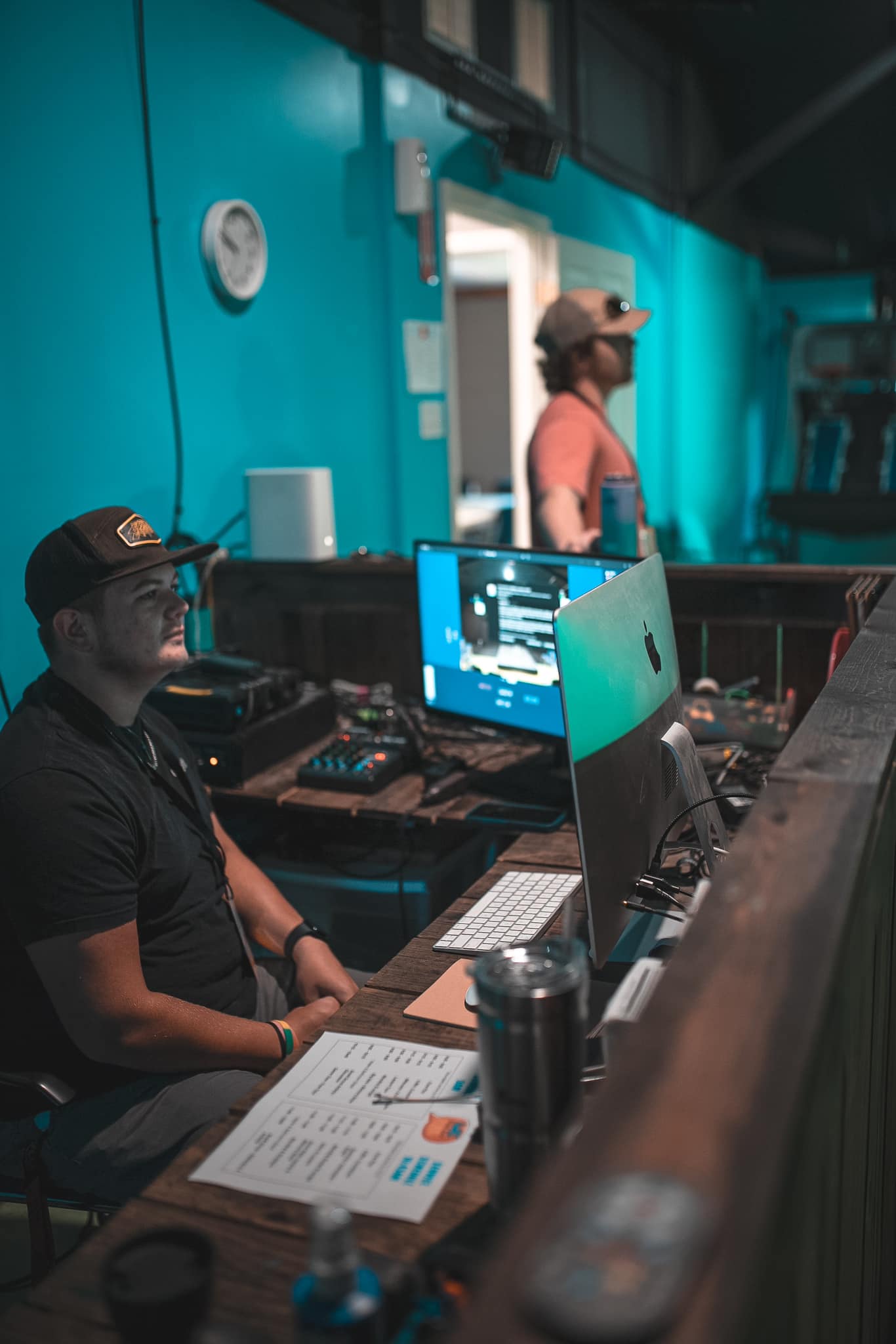The Redeemer's Love: A Timeless Tale of Faith and Devotion

In the pages of the Old Testament lies a beautiful story that resonates deeply with our modern hearts. The book of Ruth, though short, carries profound lessons about love, loyalty, and redemption that speak to us across the millennia. As we delve into the third chapter of Ruth, we uncover a narrative rich with symbolism and spiritual significance that points us toward a greater truth.
The story begins with two widows – Naomi, an Israelite, and Ruth, her Moabite daughter-in-law. Having lost their husbands and facing destitution, they return to Bethlehem, Naomi's homeland. It's here that we encounter a cultural practice foreign to our modern sensibilities but crucial to understanding God's heart for His people: the concept of the kinsman-redeemer.
In ancient Israel, when a man died without leaving an heir, his closest male relative had the responsibility to marry the widow, provide for her, and continue the family line. This man was known as the "kinsman-redeemer" or in Hebrew, the "goel." This practice ensured that widows were cared for and that family lines and inheritances were preserved.
Enter Boaz, a wealthy relative of Naomi's late husband. Ruth, in her poverty, has been gleaning in Boaz's fields – collecting leftover grain to sustain herself and Naomi. Boaz, impressed by Ruth's character and devotion to Naomi, has shown her kindness and protection.
Now, in a pivotal moment, Naomi instructs Ruth to approach Boaz at night on the threshing floor – a bold move that might seem scandalous to our modern eyes. But this act was steeped in cultural significance. By laying at Boaz's feet, Ruth was essentially proposing marriage and asking him to fulfill the role of kinsman-redeemer.
The beauty of this moment lies not just in its cultural context, but in the deeper spiritual truths it foreshadows. Ruth, a Gentile, represents all of us who were once outside God's covenant family. Boaz, in his role as redeemer, points us toward Jesus Christ, our ultimate Redeemer.
Consider the parallels: Just as Ruth approached Boaz, we must come to Jesus in humility, recognizing our need for redemption. Just as Boaz responded with kindness and protection, covering Ruth with his cloak, Jesus covers us with His righteousness. And just as Boaz was willing to pay the price to redeem Ruth, Jesus paid the ultimate price on the cross to redeem us.
The apostle Paul, writing to the Romans, uses the imagery of grafting to describe how Gentiles have been brought into God's family. He says, "You, though a wild olive shoot, have been grafted in among the others and now share in the nourishing sap from the olive root" (Romans 11:17). Through Christ, we who were once far off have been brought near and made part of God's covenant people.
But the story doesn't end with personal redemption. Boaz's actions toward Ruth ripple outward, blessing not just Ruth but also Naomi. When Ruth returns home laden with grain, it's a sign of Boaz's generosity and care for both women. In the same way, our redemption in Christ is meant to overflow, blessing those around us.
This brings us to a crucial point of reflection: How are we, as recipients of God's grace, extending that grace to others? Are there people in our lives – family members, neighbors, coworkers – who need a "Boaz" figure to step in and provide practical help or spiritual encouragement? The story of Ruth challenges us to look beyond our own needs and see how we might be the answer to someone else's prayers.
As we ponder these truths, we're reminded of Jesus' words in Matthew 25: "Whatever you did for one of the least of these brothers and sisters of mine, you did for me." Our acts of kindness and generosity, especially toward those who can't repay us, are a reflection of the love we've received from our heavenly Redeemer.
The story of Ruth also speaks to those who feel like outsiders or who have experienced loss and disappointment. Ruth was a foreigner, a widow, living in poverty. Yet God saw her, valued her, and wove her into His grand narrative of redemption. In fact, Ruth would become the great-grandmother of King David and an ancestor of Jesus Himself. This reminds us that no one is too far from God's reach, and He delights in using the unlikely and overlooked to accomplish His purposes.
For those struggling with feelings of unworthiness or wondering if God could ever use them, Ruth's story offers hope. It's not our background, our accomplishments, or our failures that define us. What matters is our willingness to trust God and step out in faith, just as Ruth did when she left her homeland to follow Naomi and when she approached Boaz on the threshing floor.
As we close this reflection, let's remember that the story of Ruth is ultimately a story about God's faithfulness. Through all the twists and turns – famine, loss, poverty, and cultural barriers – God was working behind the scenes to bring about redemption and blessing. The same is true in our lives. Even when we can't see it, God is orchestrating events and relationships for our good and His glory.
So, dear reader, where do you find yourself in this story? Are you in need of redemption, longing for someone to cover you with grace and acceptance? Jesus stands ready, arms open wide, inviting you into His family. Or perhaps you're in a position to be a "Boaz" to someone else – to offer kindness, provision, or spiritual encouragement. Maybe you're like Ruth, needing to take a step of faith into the unknown, trusting that God will meet you there.
Wherever you are, know this: the God who saw Ruth, who provided Boaz as a redeemer, who grafted Gentiles into His family tree – that same God sees you, loves you, and has a place for you in His story of redemption. May we, like Ruth, respond with faith and obedience, knowing that in Christ, we have a Redeemer who will never let us go.
Next Steps
Continue to explore the faith life of our church including our other ministries, upcoming events, and service opportunities.




